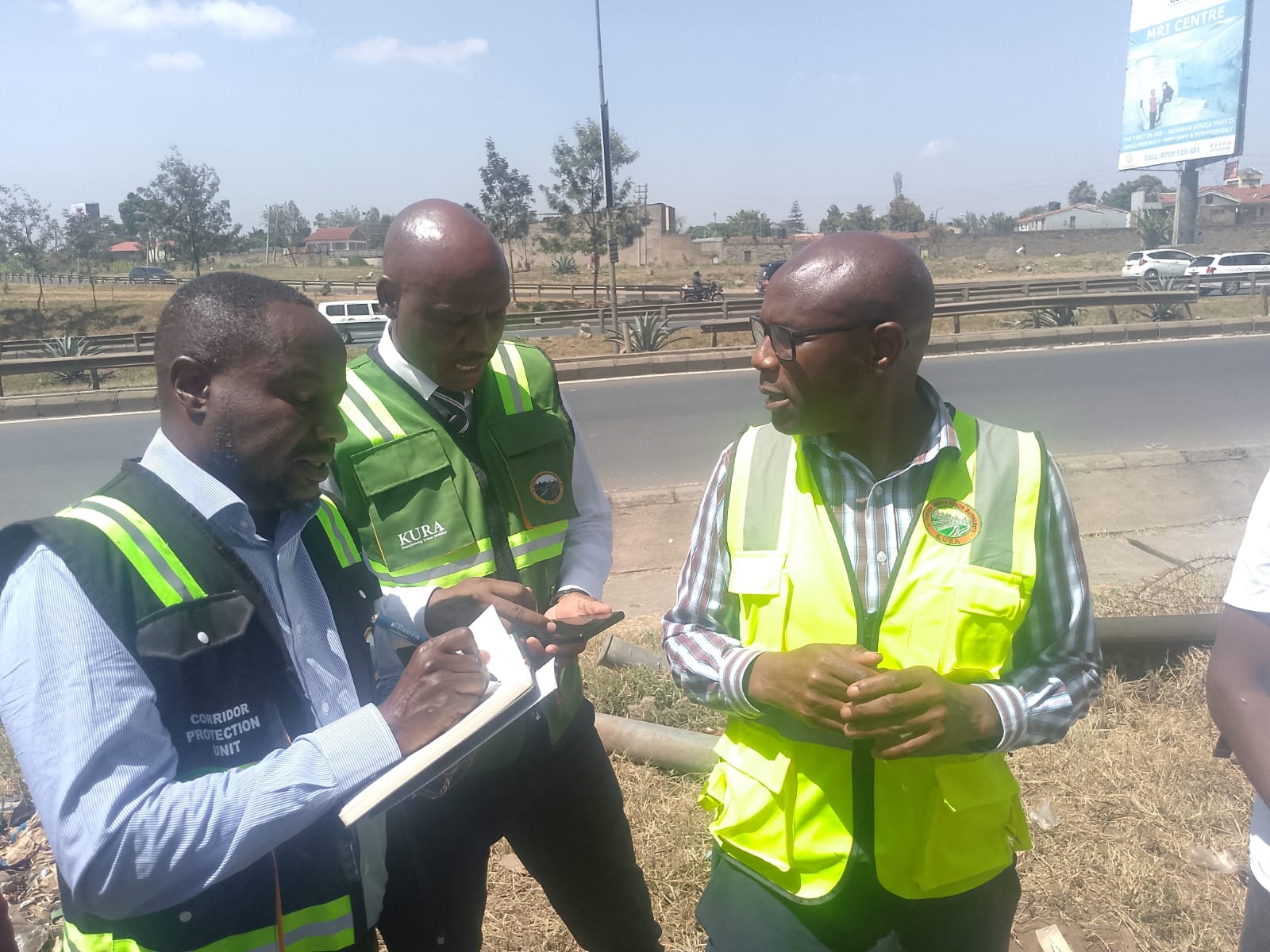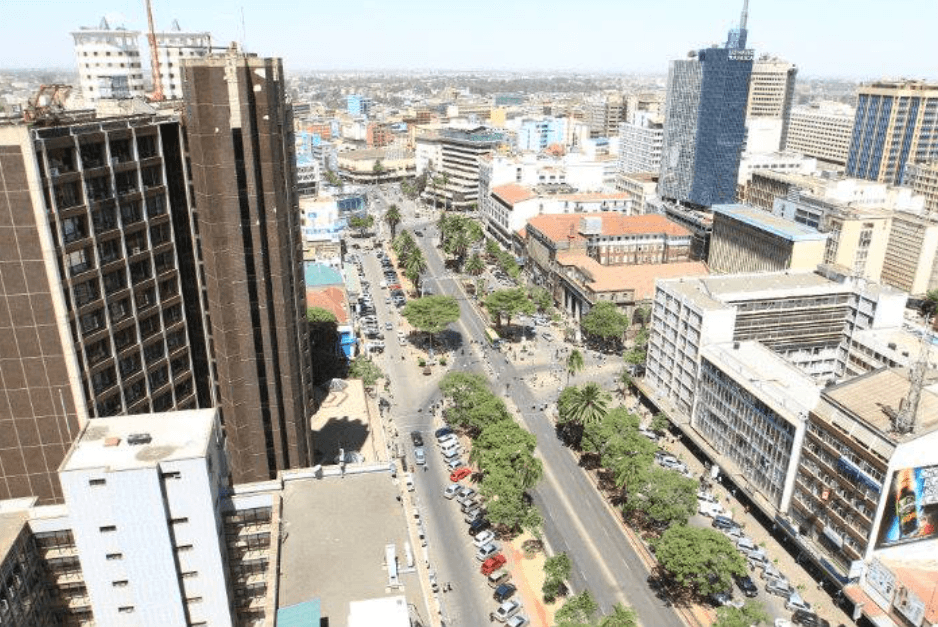As the World was fighting Covid-19 pandemic in 2021, the family of Cornelius Sayi was reeling in shock following the news that his mother-in-law was diagnosed with advanced cancer.
Stage 4 is the most severe cancer stage and carries the highest risk of death.
Sayi explained that she was having headaches only to be shocked with the news that she had oesophageal cancer when they went for checking.
Oesophageal cancer occurs in the long tube that runs from your throat to your stomach.
"We were never told when the cancer was at stage 1 so that we could start early treatment. The whole of my family went into shock. Nobody was even thinking," Sayi recalls.
He explained that the therapies as per the doctor were expensive for the family as they were told to pay Sh75,000. Just like many who have gone through this experience, they opted to fundraise from friends and relatives.
"We started family fundraising by forming WhatsApp groups. Within one year mama died. She died after several months of struggle," Sayi said.
Cancer is among Non-Communicable Diseases that now burden the country’s healthcare system.
Statistics from the National Council for Population and Development show that NCDs account for more than 50 per cent of the total hospital admissions and over 55 per cent of hospital deaths.
The other chronic diseases in the category include diabetes and cardiovascular diseases. The Center for Disease Control and Prevention estimates that globally every two seconds a person dies prematurely from an NCD.
Sayi is the secretary general of the Stroke and Hypertension Association. He said many people are seeking treatment for cancer, diabetes, hypertension, stroke and similar diseases when it is too late.
"Many people are caught unawares when these NCDs strikes. Investing in awareness and prevention will help in dealing with the burden of NCDs that has crippled the country’s health system," he said.
David Makumi, the vice chairperson of NCD Alliance of Kenya, explained that the burden we are having today of NCDs didn’t happen because many of these diseases don’t develop overnight. He said we have a collective responsibility to prevent them by living healthy lifestyles.
"If we don’t address the risk factors, solve them by getting people to live healthy lifestyles, what we are seeing can only get worse. We must prevent our generations from suffering from preventable NCDs," Makumi warned.
John Gikonyo, who is chairperson of the Caucus of People Living with NCDs, the diseases are projected to increase by another 17 per cent by 2025 if appropriate measures will not be put in place to address the current crisis.
"NCDs are a pandemic in slow motion. It has been going on, it is going on, things will get worse and that is why we are saying let us make sure that NCDs are properly controlled," Gikonyo said.
Gikonyo urged the government to put more funding into preventing NCDs and invest in primary healthcare.
"If you go and find 100 patients in any hospital, 50 of them will have been admitted because of an NCD. You can imagine in two years' time if we experience a worsening situation by any percentage," Gikonyo stated.
Statistics from the World Health Organization show that NCDs are the leading cause of death globally, killing more people each year than all other causes combined.
Much of the human and social impact caused each year by NCD-related deaths could be averted through well-understood, cost-effective and feasible interventions.
Of the 57 million deaths that occurred globally in 2008, 36 million –almost two thirds– were due to NCDs, comprising mainly cardiovascular diseases, cancers, diabetes and chronic lung diseases.













